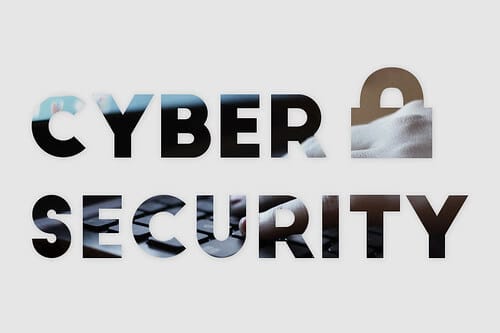Introduction
In today’s digital age, web security is not just an option, but an absolute necessity. With rising cyber threats, protecting your website from malicious activities is crucial for maintaining your site’s integrity, safeguarding sensitive data, and ensuring trust with your users. In this post, we’ll discuss essential strategies for defending your site against cyber threats.
Understanding the Importance of Web Security
Web security is integral for any online presence, regardless of the size of your business or the industry you operate in. Without proper security measures, your website could fall victim to data breaches, defacement, or even DDoS attacks, causing harm to your business and tarnishing your reputation.
Web Security Essentials
- Use of HTTPS: HyperText Transfer Protocol Secure (HTTPS) is the secure version of HTTP. HTTPS ensures that the data transferred between your web server and your users’ browsers remain encrypted and secure.
- Regular Updates: Outdated plugins, themes, and CMSs can have security vulnerabilities that hackers can exploit. Regular updates are crucial to ensure that you’re protected from known threats.
- Strong Password Policies: Enforcing a strong password policy can prevent unauthorized access to your website. Encourage the use of complex passwords and frequent password changes.
- Firewall Implementation: Web Application Firewalls (WAFs) filter, monitor, and block harmful HTTP traffic to your website. They offer protection against various common attacks like cross-site scripting (XSS) and SQL injection.
- Secure File Uploads: If your site allows users to upload files, it’s important to ensure that this can’t be used as a way to upload malicious content. Only allow necessary file types, and consider using a third-party service to handle file uploads if possible.
- Regular Backups: Regular website backups are crucial. In the unfortunate event that your website is compromised, backups allow you to restore your site to its previous state.
- Security Plugins: Security plugins or extensions add extra layers of security by addressing various vulnerabilities that hackers could exploit. Choose reliable and highly-rated plugins.
- SSL Certificate: An SSL (Secure Socket Layer) certificate is a must-have for any site. SSL encrypts the data transfer between the user and the server, ensuring that personal information like credit card numbers or social security numbers can’t be intercepted.
Conclusion
In an era where cyber threats are constantly evolving, ensuring the security of your website is a continuous process, not a one-time task. At Digital Web Automations, we take web security seriously. Our comprehensive web security measures are designed to protect your website from cyber threats, offering you peace of mind and guaranteeing a safe browsing experience for your users. Because your website is not just a digital representation of your business – it’s an extension of your brand, your image, and the trust your customers place in you.

